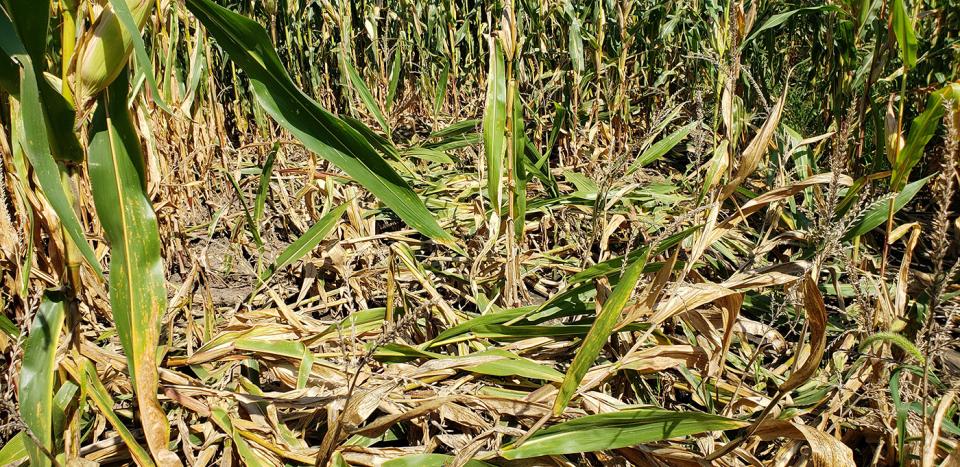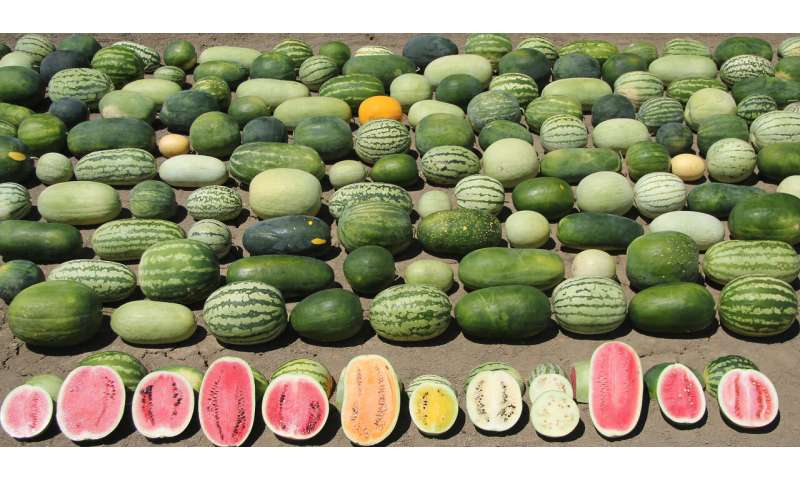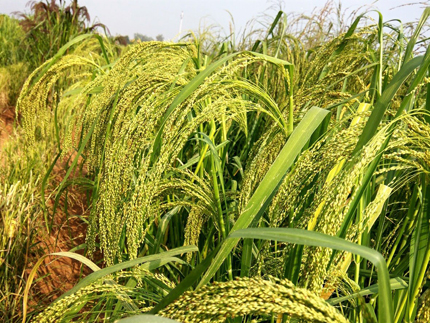
We might not notice them, but the crops farmers grow are protected by scores of tiny invertebrate bodyguards. Naturally occurring arthropods like spiders and lady beetles patrol crop fields looking for insects to eat. These natural enemies keep pests under control, making it easier to grow the crops we depend on.








 Corn is a staple feed and biofuel crop with a value close to $3.7 billion in the Michigan economy alone.
Corn is a staple feed and biofuel crop with a value close to $3.7 billion in the Michigan economy alone. 

 There are over 500,000 plant species in the world today. They all evolved from a common ancestor. How this leap in biodiversity happened is still unclear.
There are over 500,000 plant species in the world today. They all evolved from a common ancestor. How this leap in biodiversity happened is still unclear. 
 In the semi-arid tropics of Asia and Africa, conditions can be difficult for crops. Plants need to have short growing seasons, survive on poor soils and tolerate environmental stresses.
In the semi-arid tropics of Asia and Africa, conditions can be difficult for crops. Plants need to have short growing seasons, survive on poor soils and tolerate environmental stresses. Eagle talons are regarded as the first materials used to make jewellery by Neanderthals, a practice which spread around Southern Europe about 120,000 and 40,000 years ago.
Eagle talons are regarded as the first materials used to make jewellery by Neanderthals, a practice which spread around Southern Europe about 120,000 and 40,000 years ago.